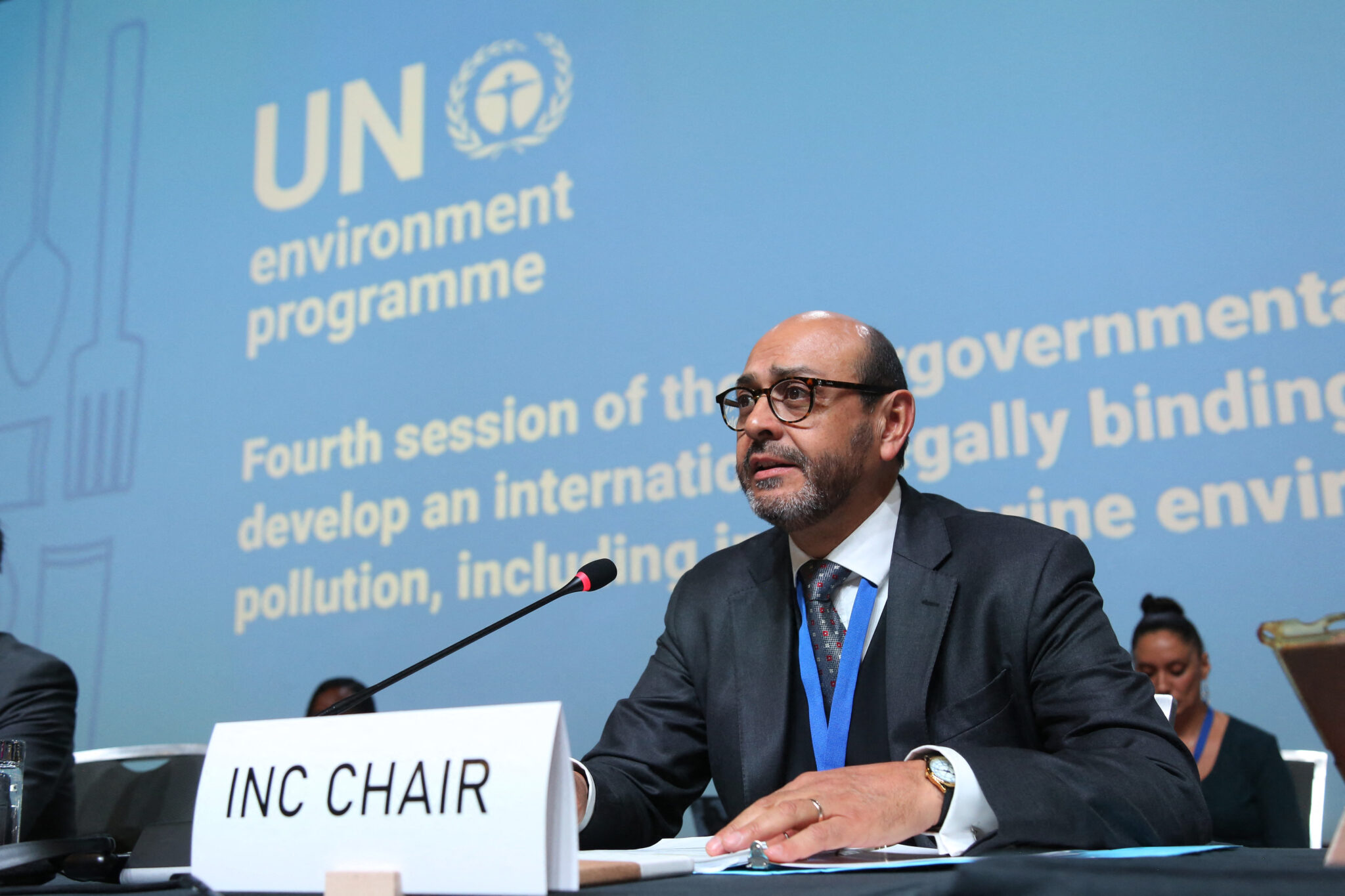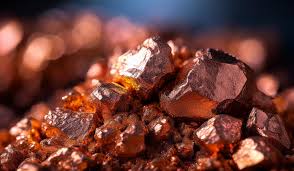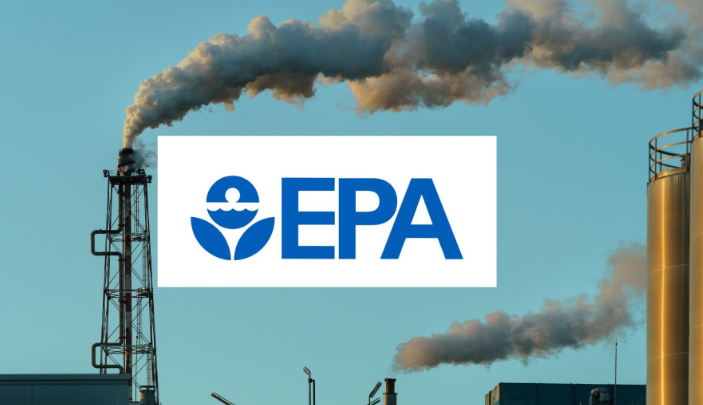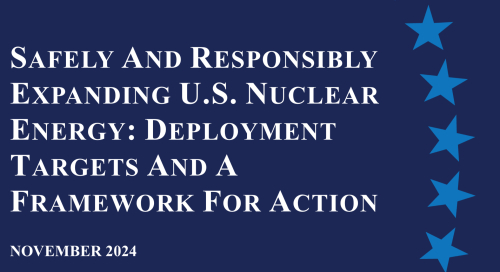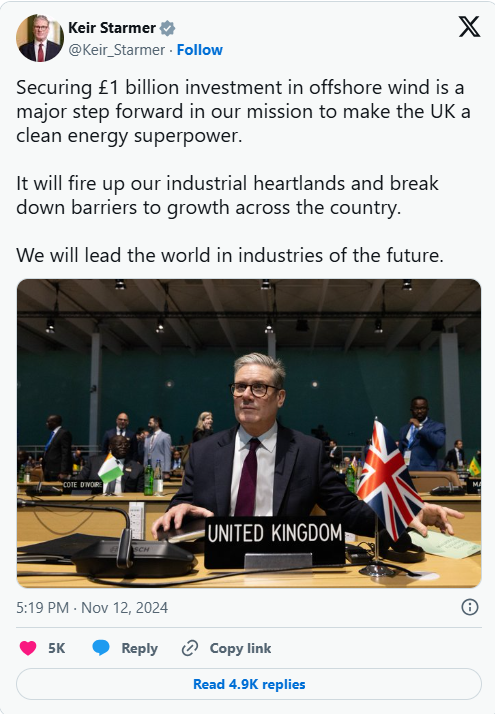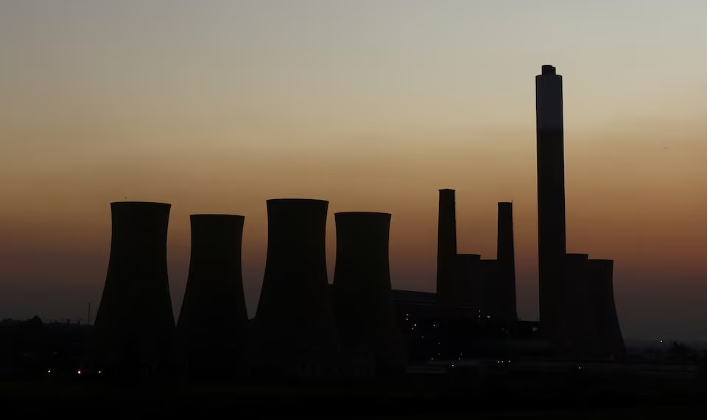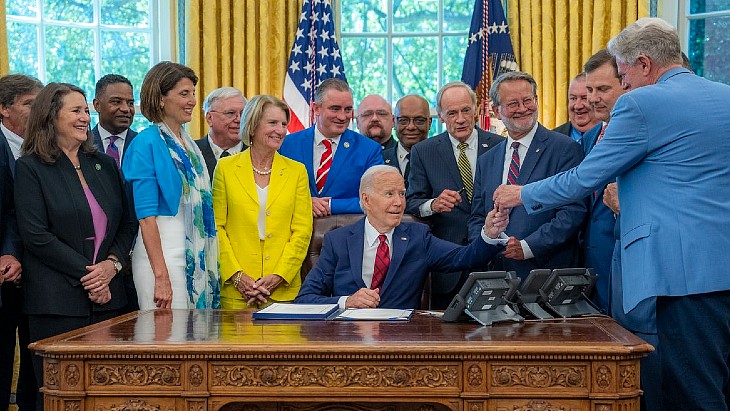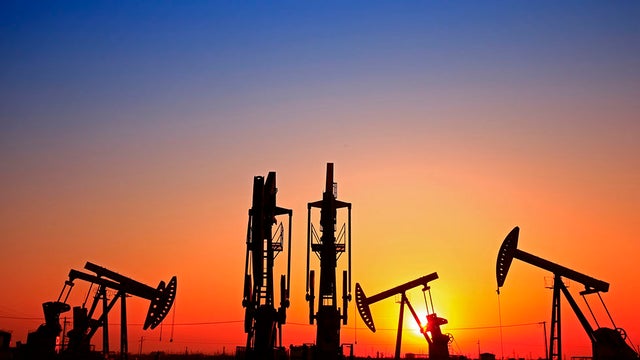
The bill from the House Natural Resources Committee requires the Department of the Interior to reach net-zero greenhouse gas emissions on public lands by 2040.
“The Trump administration is handing out drilling and coal mining leases like candy, and no thought is ever given by this administration to the climate change impacts,” said Rep. Raul Grijalva (D-Ariz.) a sponsor of the bill as well as chair of the committee.
“Our bill is about what’s right for the whole country and not just polluting industries,” he added.
Grijalva said the yearlong moratorium on fossil fuel production would be meant to give Interior time to assess how to meet the 2040 goal of net-zero emissions, though the bill also sets targets in five year increments that the department must meet.
The department would be barred from issuing new leases until they came into compliance with the targets.
The plan would ratchet up the royalties paid by fossil fuel companies that drill and mine on the nation’s more than 600 million acres of public land, raising fees from roughly 12 percent to 18 percent. That increased cost of doing business would be used to create a transition fund to help communities that are largely dependent on the fossil fuel industry.
In a nod to the Green New Deal, Grijalva referred to them as “fees that big oil and not taxpayers will have to cover” that would be used for land reclamation, cleaning up the environment as well as the retraining of workers.
The legislation, which would likely face tough scrutiny in the Republican-led Senate, comes as environmentalists left the latest United Nations climate summit disappointed as countries resisted more ambitious climate measures.
Rep. Deb Haaland (D-N.M.) said the bill would help curb the nearly quarter of U.S. emissions that are produced on public lands, specifically calling out methane being leaked by oil and gas operations.
Barring oil and gas drilling on public lands isn’t a new idea for the party. A number of Democratic presidential candidates have proposed stopping new oil leases on public lands, though many have been hesitant to end ongoing drilling as well.
The House already voted this year to bar drilling along nearly the entirety of the U.S. coastline. Democrats on the House Energy and Commerce Committee are also working on a bill that would push the U.S. to reach net-zero carbon emissions by 2050.
